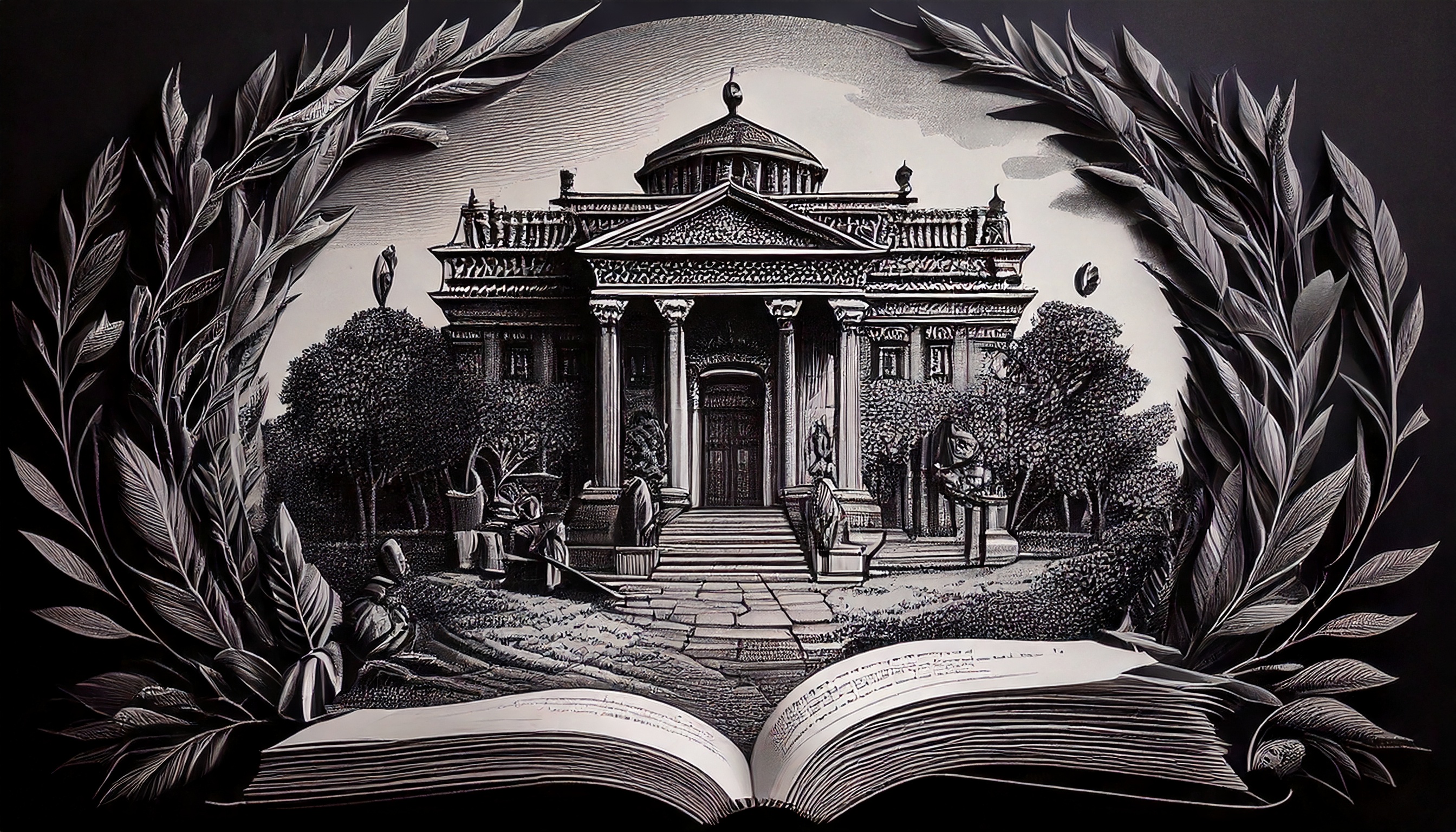Most of the time, a will does NOT override a trust. The trust has the legal backing over the will, but it has to be set up correctly for that to happen.
In estate planning, understanding what a will or a trust does is an important part of making sure your assets are handled how you want after you pass away. Each of them are different tools with unique purposes.
Should you go with a will or a trust? This is a question many people planning estates consider, including the extent to which one overrides the other. To help clarify this issue, we present a breakdown of wills vs trusts. We’ll show you when a will is superior, when a trust comes out on top, and how legal representation will guide your process.
Wills and Trusts Explained
Before we get into the pros and cons of wills and trusts, let’s explain the terms so we’re all on the same side here.
What is a Will?
A will, or last will and testament, is a legal document that specifies what a person wants to happen to his or her assets after death. It serves multiple purposes:
- Designation of beneficiaries for each type of asset
- Appointment of custodians over minor children.
- Name an executor to enforce the terms of the will
Most wills go through probate. This is essentially a court-supervised process where the contents of the will become public and asset distribution is held up while the court ensures that the will has been drafted properly, all debts and taxes have settled. Note that it’s a public matter. That’s important.
At its root, a will is the last act of an individual explaining his/her wishes but just in a formal setting. It is also important to keep in mind the differences in what constitutes a valid will (or trust) from one jurisdiction to the next. In some jurisdictions, witnesses must sign the will whereas others allow for digital wills that are entirely handwritten. Check your state’s laws to know what counts as a legal will where you live.
What is a Trust?
A trust, by contrast, is a legal arrangement where the grantor (the creator of the trust) gives up ownership of his or her assets to a trustee. A trustee oversees these assets on behalf of the beneficiaries in a manner dictated by the trust document. Trusts may be either revocable or irrevocable.
- Revocable Trusts:
This flexibility means that the trustor (grantor) can change or cancel irrevocable trusts during their life as needed. Great for flexibility, but poor for asset protection. - Irrevocable Trusts:
Once created, they are very difficult to amend and even harder to dissolve which in turn affords stronger asset protection and estate tax benefits. But you lose that control.
This can help avoid probate, giving privacy to the beneficiaries and provides for more immediate asset transfer upon death of the trustor. As a result, trusts are commonly used by those who want to avoid the complexity surrounding transferring ownership after death.
In addition, trusts can be used for particular types of gifts — e.g., charitable or gifting for someone with special needs. Setting up a trust enables you to dictate where and how your assets are used and disbursed, which could allow for continuing financial support of beneficiaries.
Will Vs Trust: The Major Differences
Ok, now that we’ve defined it. Let’s get specific about the key differences that you should know about. Essentially, from a very high perspective, they do the same thing. Right? Kinda. There are significant differences that define a trust and a will. Make sure you’re creating the right kind of plan by knowing how each of these tools works for you.
Control Over Assets
One of the key differences between a will and trust is the amount of control you have over your assets. A will only takes effect when the individual has died. So you don’t really have a lot of control once you’re gone. In contrast, a trust enables assets to be managed right now and also after death.
But this simple distinction can have major implications on how assets are managed. By adequately funding a trust during a trustor's life, the trustee can hold onto these assets without forcing the court to get involved when the trustor dies.
Taking a proactive stance can be especially advantageous for people with more complex financial scenarios, like business owners or multiple property holders. It makes the seamless transition and management of assets possible without the instability delay that normally comes along with probate.
Probate Process and Privacy
Wills always have to be probated. This is a time-consuming and public proceeding. This causes your assets to be subject to public information and can lead to disputes or contesting of the will. It’s rarely a smooth process.
If you want to avoid probate, use a trust, especially as it relates to a revocable living trust. Trust assets do not go through public probate and can be distributed to heirs without the need for court intervention; this means more privacy and faster access to the assets.
The fact that wills become part of the public record, and probate gives people an opportunity to contest them, can be especially attractive for those wishing their financial dealings not be opened up for family members to argue about or the general public estate gaze.
Flexibility and Changes
A will can be changed or cancelled any time during their life by you. But a trust, especially an irrevocable trust, once created has limitations. Changes are hard, if not impossible to make. Revocable trusts provide more latitude, but with more care in the deliberation process before changes are executed.
As life changes – marriage, divorce or the arrival of children – you may want to revisit your estate planning. This is where you should know how each estate planning tool will respond to these changes.
For example, a trust can be drafted to take care of minor children. You can make distributions at certain intervals, or you can appoint a caretaker for them. Knowing that the people you leave behind will be looked after according to what you want is incredibly reassuring.
Does a Will Override a Trust?
It is a common estate planning question – can a will override a trust? It simply depends on the situation and how these documents are structured.
When a Will Might Override a Trust
In many legal jurisdictions, a will has more precedence and weight in the courts. That means that even if you’ve set up a trust, your will might override all your hard work. Take a look at these scenarios to see if your trust might be at risk of being overridden. Some circumstances in which a will can supercede a trust include:
- Ambiguous Language:
In some cases, the words of a will and trust can be confusing and unclear. In these cases, the will might take precedence. - Trust Not Funded With Assets:
If there are assets not transferred to the trust during the life of the person creating it, then those assets pass according to the will. - Revocation of the Trust:
If the trust has terms that clearly contradict each other, the will takes control, making the trust ineffective.
These are the cases where having both a will and a trust can become problematic, causing conflicts among family members as each wants their fair share of the pie. You should decide early on to choose either the will or the trust, and stick with that option so there are no legal disputes.
Legal Concerns
If you do choose to have both the will and trust, you need to be careful. Inaccurate terms or conflicting provisions will create disputes between beneficiaries. It will increase administration costs. It will make for higher legal fees. It will stretch out court proceedings. If you want everything to run smoothly. Make sure both documents are in sync with each other.
There are also some tax differences between wills and trusts. Assets in a revocable trust are typically included in the grantor's taxable estate. But irrevocable trusts can offer some tax-related benefits. These nuances can add up to tens of thousands of dollars, and you should think about your options when creating an estate plan.
Consider, also, the timing of everything. If you make a trust and a will, the will might have what’s called a "pour-over" provision. This means that any assets not in the trust should retroactively be put into the trust. This could result in a 2-way lock where both documents contradict each other, keeping your estate for being passed on for years.
And do not forget about the executor, and also the trustee. They have separate responsibilities and powers which could cause disputes if the will and trust dion’t agree. The executor is charged with managing the will, and a trustee oversees the trust assets. If it’s not done correctly, you might start a squabble between the two roles.
The Importance of Legal Advice in Estate Planning
Given that both wills and trusts are full of many complexities, you should consult with a knowledgeable estate planning attorney to ensure a strong, holistic estate plan.
The Roles of Your Estate Planning Attorney
The right attorney has in-depth knowledge to help you through the complexities of estate law. They can:
- Help write wills that express exactly what the client wants to do.
- Comply with state laws and regulations.
- Share intelligence on tax implications and responsibilities.
An attorney can also address any other issues concerning difficult family dynamics or individual asset considerations that could impact the estate planning process.
An attorney can help make those sensitive conversations go more smoothly and may even be able to address legal issues brought on by blended families or children from other relationships.
Avoiding Common Errors In Estate Planning
There are a lot of mistakes that we all commonly make in estate planning. Maybe you could forget to fund the trust. You don’t revise the trust document after major life events. Or maybe you fail to communicate your plans with your family. These can lead to big troubles down the road.
You can (and should) avoid these pitfalls by speaking to an experienced attorney. An attorney will guide you on how to fund your trust, draw up your documents, and make sure you don’t miss a single step.
A well-drafted estate plan only goes so far. You need to be proactive as well with periodic review of estate documents and open discussion with your beneficiaries. This will go a long way to make sure your original intentions are respected and minimize familial disputes after your death.
Also, make sure your estate lawyer keeps the lines of communication open with your family after you pass away. This is an important step. Talk about your trust or your will with your family. Let them know your decisions, and more importantly, why you made them. Talk about the provisions of your trust and will. Talk about how assets will be distributed. Talk about everything openly.
When you remove the mystery of your trust, you remove the potential for big disputes later on. Make your estate a source of joy, support, and care for your family. Don’t let it become what drives your family apart because you didn’t talk about it. Transparency is the key to making sure everything is smoothly managed.
In the end: Decision of Wills and Trusts in Estate Planning
Let’s review. What’s the first step to deciding the best financial tool for your estate? You first need to know what sets a trust and a will apart. Yes, they have similar functions, but there could be vastly different outcomes.
Think about how you want to care for your loved ones after you pass away. Think about how you want your money to be distributed. Think about the conditions that you’d like to put on those distributions. Think about long term care and support. Think about management and longevity. Think about legacy.
Most of all, think about getting help from an experienced estate planning attorney. They can work with you to create a plan that reflects your wishes. A well-planned will and trust should exactly convey what you want. And it should make sure that your assets are protected and secured for years to come.










